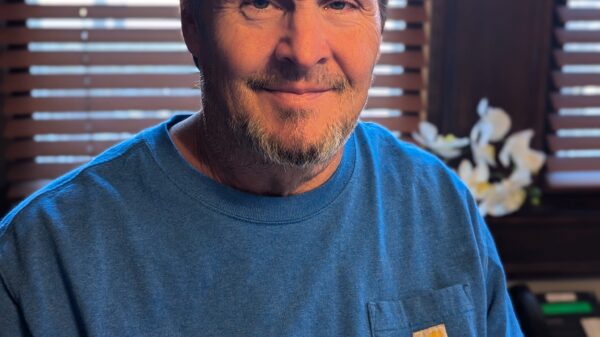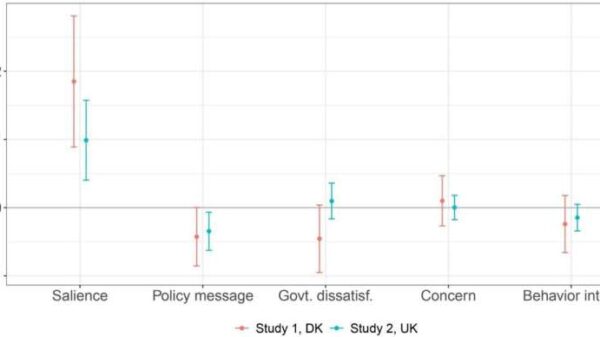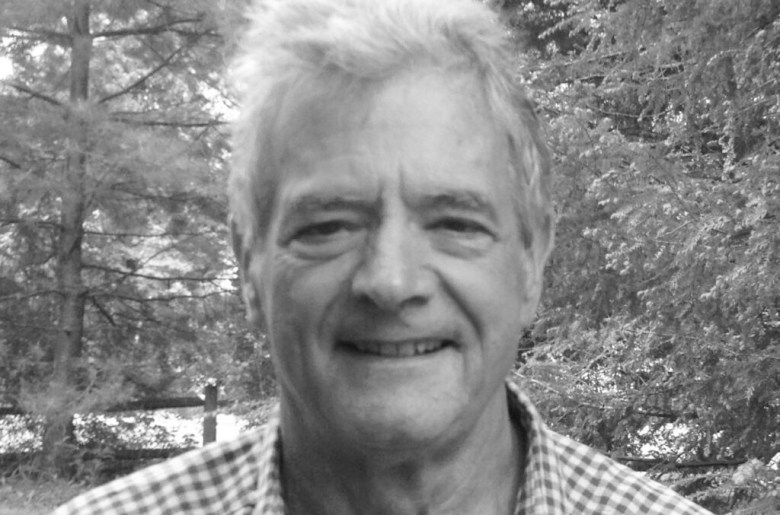A remarkable friendship between veteran journalist David Von Drehle and his neighbor, Charlie White, who lived to be 109 years old, reveals profound life lessons. Their bond began when Von Drehle moved to Kansas and met White, who was 102 at the time, using an upside-down golf club as a cane. This encounter blossomed into a deep friendship that lasted until White’s passing, serving as the foundation for Von Drehle’s book, “The Book of Charlie: Wisdom from the Remarkable American Life of a 109-Year-Old Man.”
The book offers readers a glimpse into White’s extraordinary life, marked by both adversity and triumph. An excerpt highlights his unique perspective on life: “Life seemed to rest more lightly on him than on other men.” Despite experiencing significant hardships, such as the death of his father in childhood and a challenging marriage, White approached life with resilience and an unyielding spirit. He faced the Great Depression and personal trials with a positive outlook, emphasizing the importance of enjoying life’s fleeting moments.
Charlie White’s Philosophy: A Guide to Living
White’s enduring philosophy is notable throughout the book. His approach to life, characterized by a “never-say-die” attitude, encourages individuals to rise after setbacks. This mindset is encapsulated in his son’s discovery of a notepaper containing Charlie’s condensed life philosophy, which includes powerful reminders such as “Think freely,” “Practice patience,” and “Smile often.” Each phrase reflects White’s belief in the value of positivity, resilience, and the ability to find joy in everyday experiences.
The book also recounts White’s professional accomplishments, including his determination to enter medical school despite initial rejections. He went on to develop innovative techniques for open-heart surgery and mentored numerous young medical students. These achievements underscore his commitment to both his profession and to nurturing the next generation.
Embracing Life’s Moments
One of the most striking aspects of White’s character was his ability to appreciate the small wonders of life. He found joy in simple activities, such as washing a girlfriend’s car shortly after his 102nd birthday, which he did under the shade of a dying tree. This scene is emblematic of his philosophy: to embrace the present and find beauty in the ordinary.
Von Drehle’s reflections on White serve as a reminder of the impact one person can have on others. Charlie White’s life lessons—ranging from the importance of hard work to the necessity of making mistakes—offer valuable insights for anyone facing challenges. As Von Drehle concludes, perhaps he—and all of us—would benefit from heeding White’s wisdom as we navigate our own lives.
In a world often filled with uncertainty, the lessons from Charlie White resonate deeply, reminding us of the power of resilience, the importance of connections, and the beauty found in life’s simple pleasures.



































































